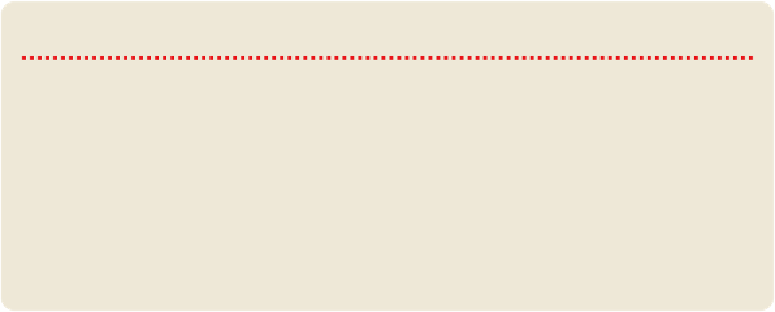Travel Reference
In-Depth Information
The Portuguese felt that they should follow in the footsteps of the British and push China
for sovereignty over Macau, a territory they had occupied for three centuries. Negotiations
began in 1862, although it was not until 1887 that a treaty was signed in which China effect-
ively recognised Portuguese sovereignty over Macau in perpetuity.
With the advent of the steamship, however, there were fewer trans-shipments from
Chinese ports going through Macau. The enclave's future economy was greatly assisted by
the legalisation of gambling in the 1850s, but by the close of the 19th century the ascent of
the British colony and the decline of the Portuguese territory had become irreversible.
GANG VIOLENCE
The years 1996 to 1998 were a grim time for Macau and its all-important tourism in-
dustry - during this time an escalating number of gangland killings took place. Some
40 people were killed as senior Triad leaders jostled for control of lucrative gambling
rackets, and one international hotel was raked with AK-47 gunfire.
As the handover approached, China put pressure on Portugal to clean up its act.
The government issued a new anti-Triad law calling for a lengthy prison term for any-
one found to be a senior leader. Wan Kwok Koi, a prominent Triad leader, was arrested
and sentenced to 15 years; many other Triad members fled overseas. The violence
was calmed, though Triad activity in Macau was by no means stamped out.
Macau in the 20th Century
By the turn of the 20th century, Macau was little more than a haven for Chinese refugees
fleeing war, famine and political oppression. Among them was Sun Yatsen, founder of the
Republic of China, who lived in Macau before the 1911 revolution.
In the mid-1920s large numbers of Chinese immigrants arrived, fleeing civil strife in Ch-
ina. Then, during WWII, people from Hong Kong and China, as well as Asian-based
Europeans, took refuge in Macau, a neutral port. By 1943 the population had increased to
500,000. There was another influx of Chinese refugees in 1949 when the communists took
power in China.
In 1974 the new left-wing government in Portugal began to divest Portugal of the last
remnants of its empire. Lisbon tried to return Macau to China, but the word from Běijīng
was that China wished Macau to remain as it was - at least for the time being.
In 1986 China and Portugal began negotiations on returning Macau to China, and an
agreement was signed the following April. Under the so-called Sino-Portuguese Pact, Ma-

